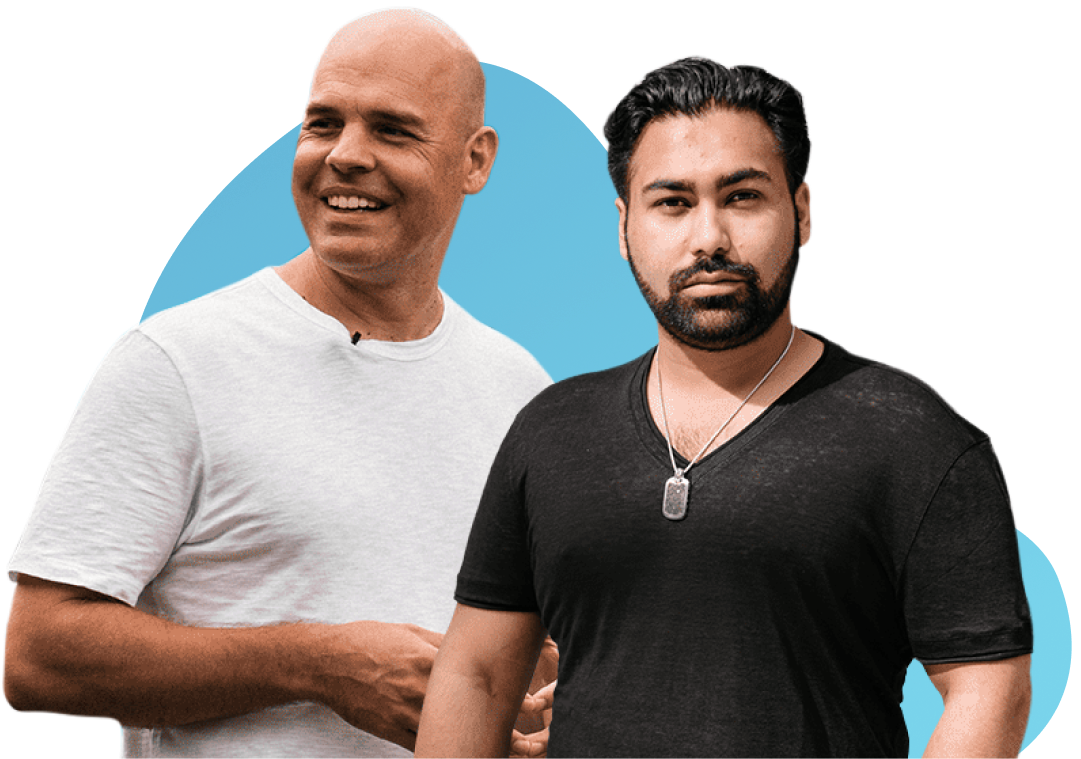Anytime someone looks into starting a new line of work, it’s understandable that they’d have questions about their fledgling occupation. New day traders are no different — in fact, they may ask more questions than your average barista or secretary in training.
It’s hard to blame them when the world of day trading is marketed as very confusing. It’s true that trading takes knowledge and education, but with willpower and effort? Anyone can become a trader. The first step is opening up their ears and eyes, then absorbing as much information as they possibly can.
These are common questions new traders ask. If you happen to be a new trader, pay close attention. This is valuable advice you’ll need as you go down this profitable path.
“Am I guaranteed success as a day trader?”
Simply put, no. Trading isn’t so much a job as it is a skill. Traders that are willing to put the work in will find that success is much more likely for them than those who rush in blind, but even then it’s a question of education, understanding and instinct.
For instance, think back to high school. There were obviously those students who slacked off and got low marks, and then there were brainiacs who worked hard and got good grades. There are also those who work hard in school but reach their skill limit or who need a different understanding of a subject to succeed. These illustrate the three main types of fledgling day traders.
“Is day trading a welcoming business?”
Yes and no. Day trading is not an exclusive club, nor is it like what you’ve seen in most movies. It’s something anyone can do sitting at home if they’re willing to put the effort in. It’s easy to become a day trader, but it’s also difficult to stay a day trader.
Many new traders feel like they’re going to enter the world of trading, make a mint and then retire for the rest of their life. These expectations are usually dashed quickly. It’s a welcome world, but it’s only as welcoming as you want it to be.
“How long before I see big profits?”
This greatly depends on two factors: dedication and skill potential. If you’re a trader with low skill potential, it may take a little bit longer to see those bigger numbers rolling in. For dedicated traders who get a quick hold on the market, it can take about half a year to a year to become an independent, successful trader.
“Trading is all about numbers, isn’t it?”
More of an assumption posed as a question, many new traders reduce day trading to simply watching stocks, buying stocks and selling stocks — sort of a mechanical process. The reality is that there’s much more to trading than paying attention to numbers. It’s about ratios, patterns, psychology, chance and timing. This is why many fledgling traders fall out of the game quickly: they assume trading is about mastering only one skill when it’s truly about mastering many.
These are only a few of the questions we see frequently coming from new traders. If you have other questions and are interested in becoming a day trader yourself, consider utilizing Live Traders’ educational options and resources to truly begin your journey.





